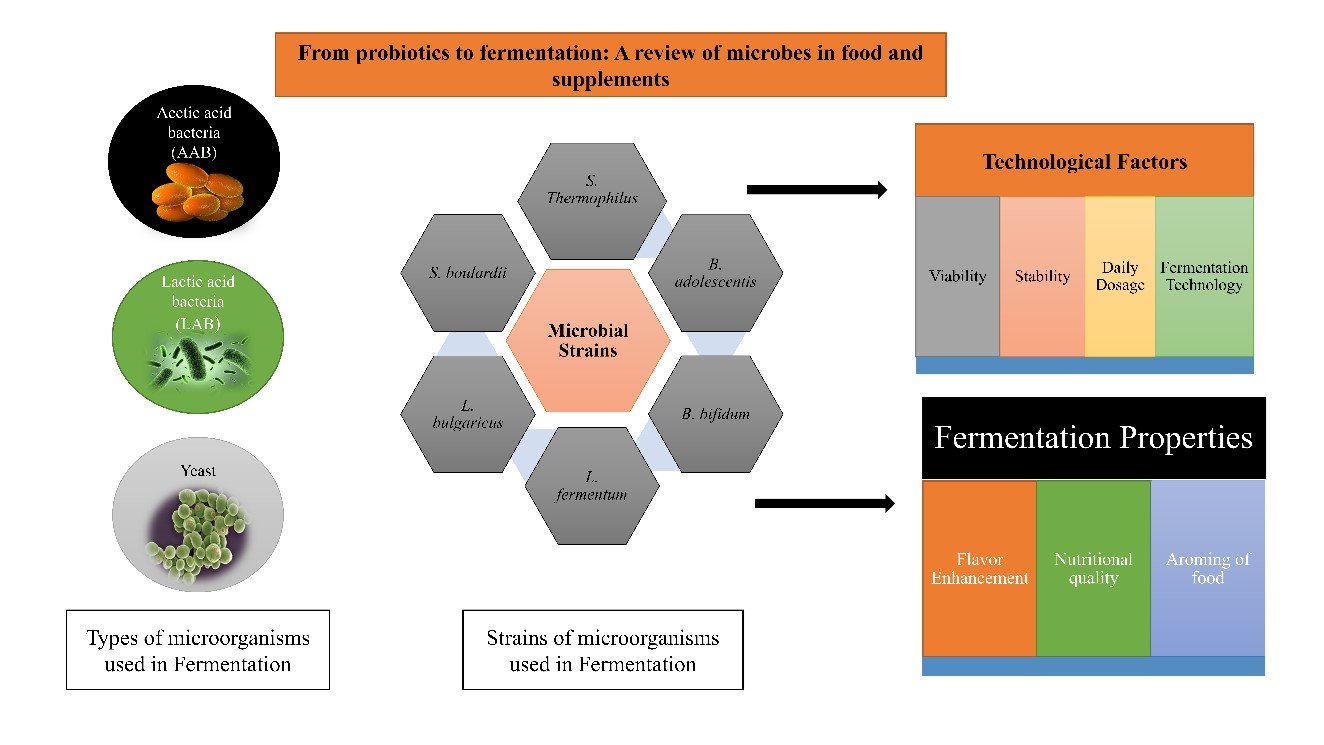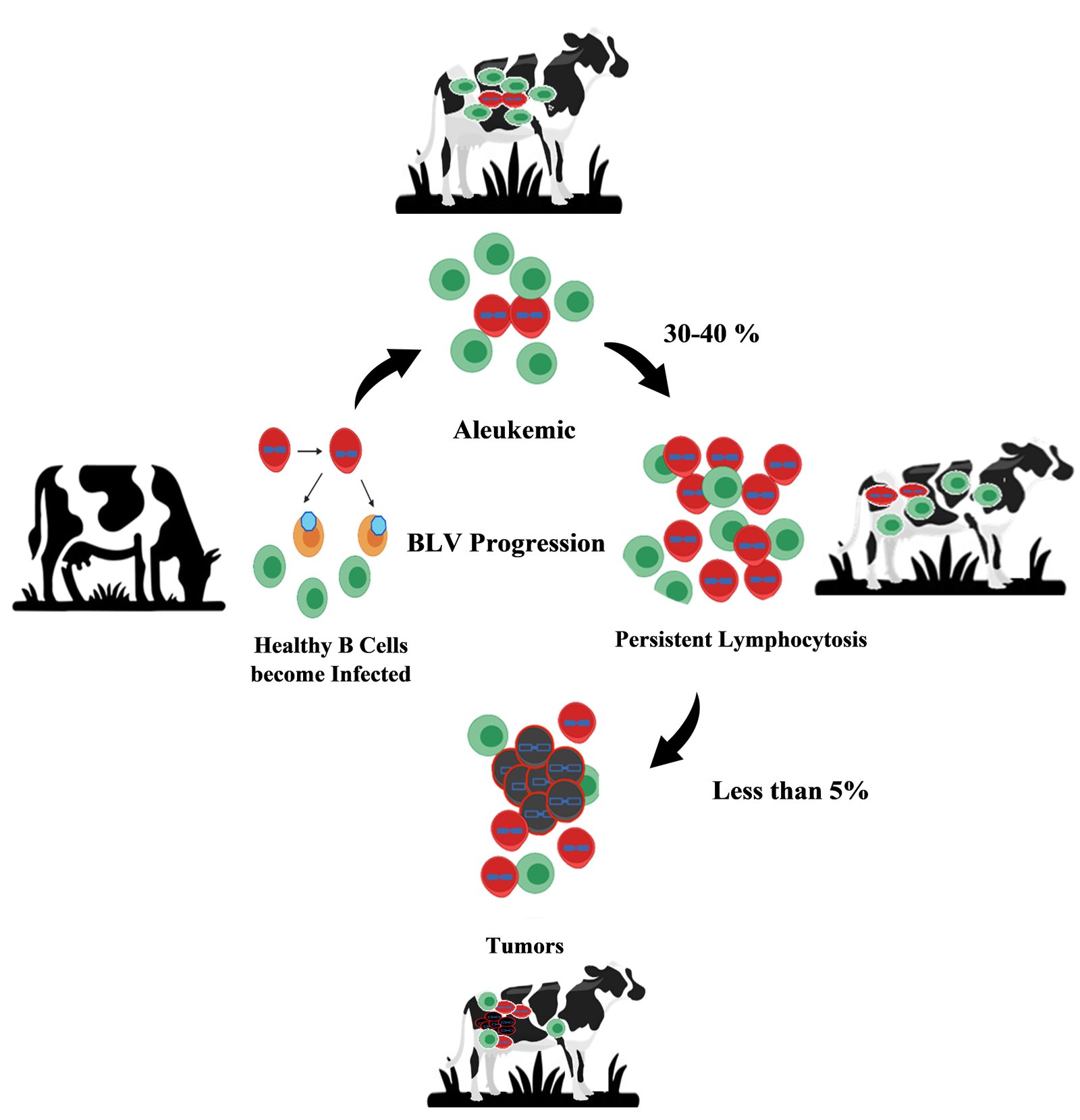Join the Editorial Board of Bio Communications
Bio Communications invites applications from qualified researchers and professionals to join its Editorial Board. Shape the future of scientific publishing in the fields of biology, biotechnology, natural sciences, veterinary sciences, animal sciences, and health sciences by becoming a part of our team.
Read more about Join the Editorial Board of Bio Communications







 .
.